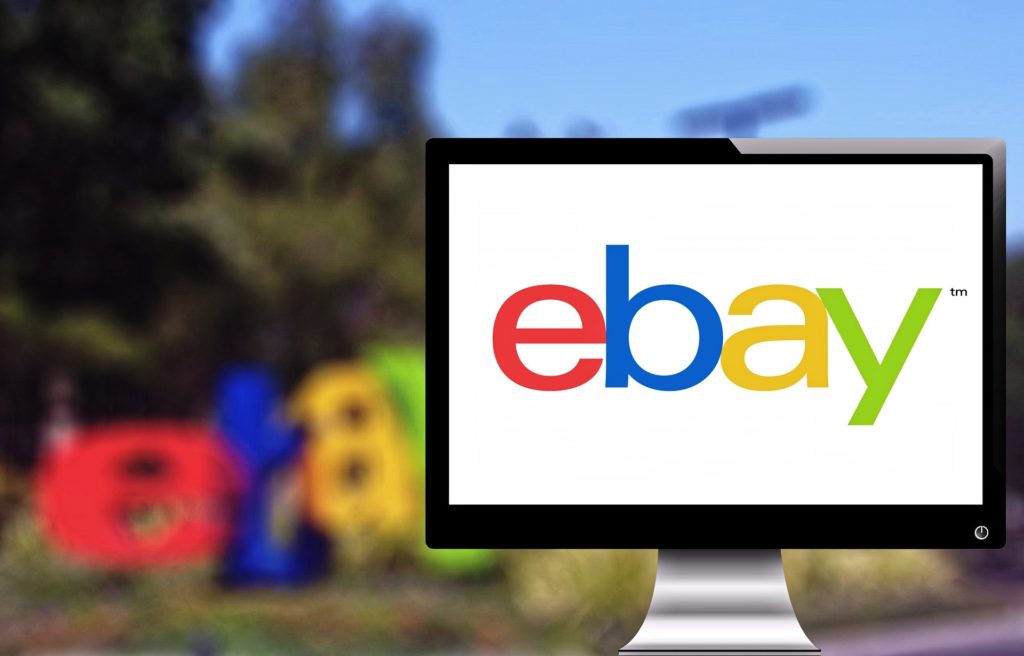“Face masks” and “jewellery”, “cot” and “headphones”, “tyres” and “speakers” are three of the unusual keyword combinations that online shoppers have been using this year, according to a report from eBay Ads UK ahead of Black Friday [Friday, 27 November] as brands are urged to think differently to cut through the continuing surge of ecommerce activity.
The ‘Also Bought Report’ aims to highlight the insights of what shoppers were thinking about leading up to the Golden Quarter of 2020, with new audience segments such as “Face mask fashionistas” and “Disco Drivers” [see list below] having been created as a result of some of the unexpected combinations that have been discovered from the shopping behaviours of eBay UK’s 32 million monthly users.
With much of the UK set to be under strict travel restrictions as a result of the Covid-19 measures imposed by the Government in the run-up to Christmas, many retailers have found their physical stores classed as ‘non-essential’ meaning they have been forced to close for a set period, driving them to depend on online sales for revenue during the busiest shopping period of the year.
Already November is predicted to be a record month for online retail, with the first week of the month recording a 61% increase year-on-year alone, according to online retail association IMRG.
“With this year’s Black Friday forced to be an almost exclusively online event, competition for consumer attention will be fiercer than ever,” said Harmony Murphy, Head of Advertising UK at eBay, who added that the insights highlighted the unpredictability of shopping behaviours which in itself proved a challenge for brands.
“It also presents an opportunity to reach audiences in unexpected places where competitors are less likely to be lurking. This will allow for more meaningful connections and, most likely, a more efficient use of marketing budgets,” she added.
Meanwhile, also citing the “multifaceted” nature of people and the insights the keyword searches discovered offered brands, Pauline Robson, head of Real-World Insight at Mediacom did underline the “surprising” way that passions could intersect and how brands could exploit that.
“This can create interesting opportunities to engage with consumers in ways that are not immediately obvious. These fascinating product combinations show that now more than ever, real-time behavioural data is crucial to ensuring that brands stay on top of customers’ changing behaviours and needs,” added Robson.
Below is the list of the new audience segments highlighted within the report alongside the number of searches made and the keywords used to create the segments.
* Face mask fashionistas – 28,087 searches were made for “face mask” and “jewellery”
* New parents in denial – 18,858 searches were made for “cot” and “headphones”
* Disco drivers – 21,869 searches were made for “tyres” and “speakers”
* Frustrated festival fans 3,046 searches for “glitter” and “speaker”.
* Female fixer-uppers 2,990 searches for “nail polish” and “DIY”
* Decadent desk workers 9,662 searches for “luxury” and “office chair”.
* Scared cyclists 5,754 searches for “bike” and “first aid”.
* Lockdown partiers 3,579 searches for “dress” and “karaoke”
* Biker babes 54,764 searches for “dress” and “cycling”.
* Gym hunnies 2,175 searches for “makeup” and “weights”
* Screen fiends 69,388 searches for “TV” and “iPad”
* Construction cheats 5,854 searches for “lego” and “DIY”
* Canine couture 1,868 searches for “dog collar” and “jewellery”.
Other unusual combinations of terms frequently searched together:
*“TV” and “tractor”(103,749 searches).
*“Car” and “fishing”(662,676 searches).
*“Dress” and “sideboard”(270,038 searches).
*“Money” and “tomato seeds”(7,831 searches).
*“Luxury” and “dog bed”(14,598 searches).
The analysis was compiled based on the online shopping behaviour of 32 million monthly users of eBay UK between March and August 2020.







